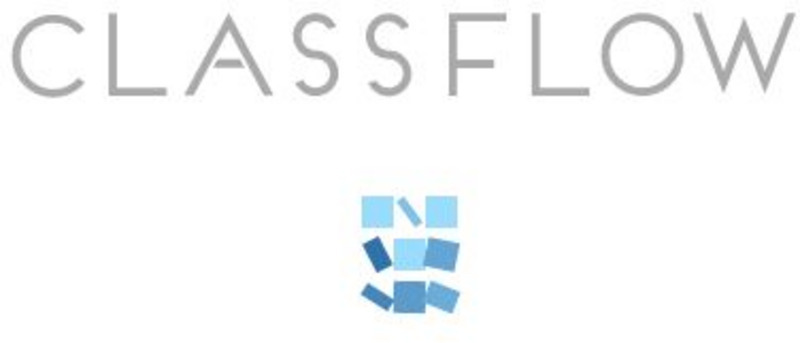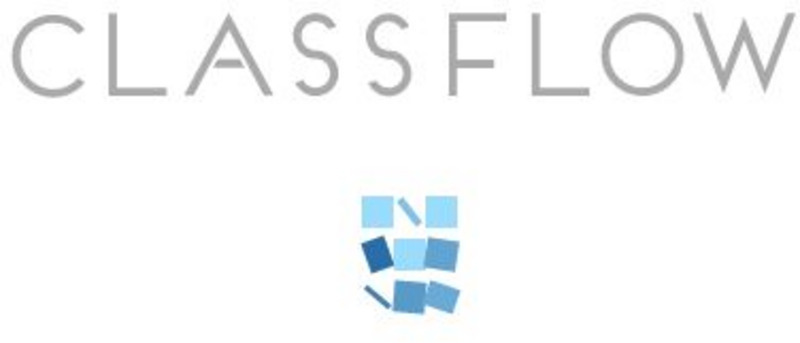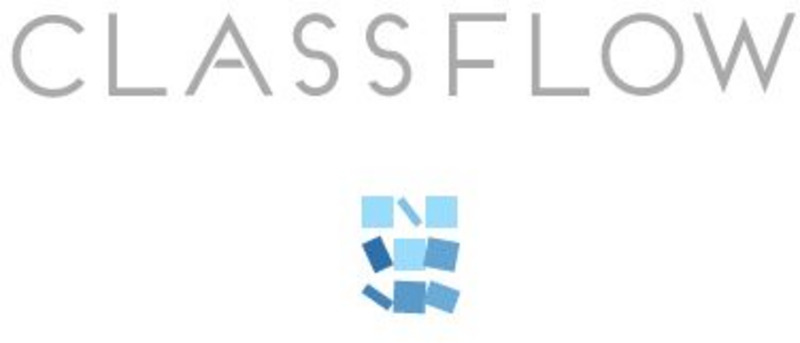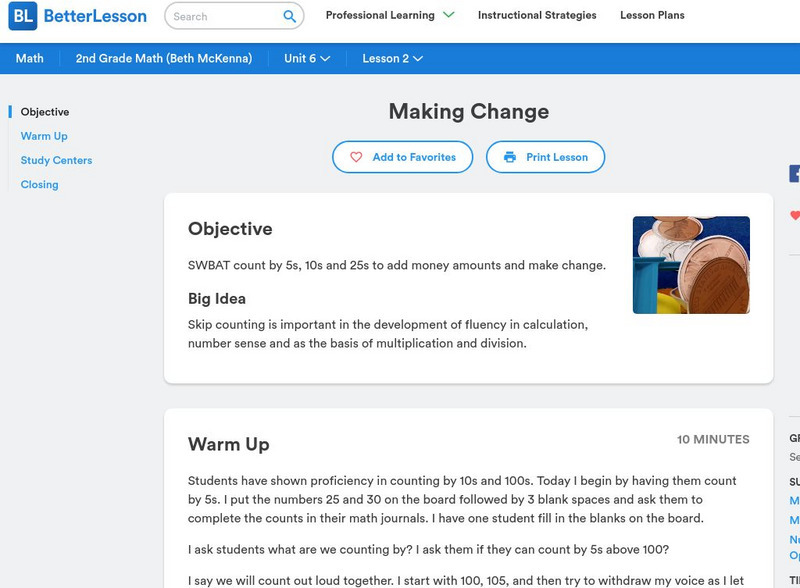Other
My Schoolhouse: Counting Money: Coins
Interactive lesson teaches students how to count coins. Students can practice the skill and check their answers.
University of Houston
University of Houston: Mathematics Lessons: Counting on Coins
This lesson plan for coin identification is aimed at Kindergarten and First Grade. Lots of activities, suggestions and other resources are also available.
University of Regina (Canada)
University of Regina: Math Central: Lesson Plan: Money, Money, Money
It all about money! Explore the concept of money in this real-world, unit plan. A collection of six lessons where students practice skills such as coin identification, mental math, menu math, making change, math operations with coins,...
University of Missouri
Wise Pockets: Personal Finance Lesson Plans, Grades 3 6
The Wise Pockets World Schoolhouse presents a dozen lesson plans based on children's books and teaching money management. All include lesson descriptions, cross-curricular connections, instructional objectives, activity sheets,...
Alabama Learning Exchange
Alex: I'm Into Money!!!
Many young scholars come to third grade needing to review and/or be retaught counting money and making change. This lesson will begin with a review of counting money. It will then introduce making change.This lesson plan was created as a...
Crayola
Crayola: Money in the Bank
Young bankers and storekeepers practice counting money and making change. They keep their money in this recycled-box bank.
ClassFlow
Class Flow: Smart Money Lesson
[Free Registration/Login Required] The Smart Money poem is used to introduce and reinforce counting money.
PBS
Pbs Mathline: Money Counts Lesson Plan [Pdf]
Play the Money Exchange Game to count and compare the different amounts of money. Printable lesson.
Better Lesson
Better Lesson: Fractions of Time and Money
People talk about quarters of the hour, or quarters in a dollar. This instructional activity lets students in on what that means.
Alabama Learning Exchange
Alex: Show Me the Money
In this lesson, young scholars identify coins, describe their attributes, learn their value, and count like coins. Students view an interactive web lesson that provides practice. Concepts are taught using songs, poems and games. This...
PBS
Pbs Mathline Lesson Plan: Money Counts [Pdf]
This PBS lesson plan features an assortment of interactive learning activities on number sense and computation that conform to NCTM standards. You get a list of materials, activity worksheets, related resources, and extension activities....
Other
Nearpod: Word Problems: Money
In this lesson on money word problems, 2nd graders learn about the different coins, explore skip counting on number lines, and apply their learning to a real-world scenario.
PBS
Pbs Learning Media: Math + Arts: Jack & the Giants and the Math Challenge
In this lesson, students create and solve a word problem related to counting money, develop a script for a short scene, and perform it using the elements of performance. Teacher resources are provided.
Other
Pbs: Grocery Store, Making Change
This grocery store lesson plan will help your students understand the process of making change with real-life examples. Try adapting this Ohio State Standard based instructional activity to your state standards.
Better Lesson
Better Lesson: Adding and Subtracting With Decimals
Sixth graders fluently add and subtract money with decimals using the standard algorithm.
Beacon Learning Center
Beacon Learning Center: Too Much Noise
Students count and add coins to determine the fewest number needed to produce a given amount.
CK-12 Foundation
Ck 12: Math Grade 2
Browse resources related to second-grade math standards. Click on a topic for interactive lessons, videos, and extra practice.
ClassFlow
Class Flow: How Much Money Do You Have
[Free Registration/Login Required] In this flipchart every page has a different total value of currency. Students can practice counting money. This flipchart can be used to add to your currency lesson or used as a center.
ClassFlow
Class Flow: Lets Go Shopping With Dollars
[Free Registration/Login Required] This flipchart allows students to count currency to pay for different items. Use this flipchart in addition to your lesson or as a center activity.
ClassFlow
Class Flow: Count How Much Money You Have
[Free Registration/Login Required] This flipchart makes a great center or an addition to your money lesson. Students work in pairs or groups. One student drags an amount of money out for their partner and the partner counts the total.
University of Texas at Austin
Mathematics Teks Toolkit: Math Bargains
Students use real coins to explore and solve problems involving the purchase of items.
Better Lesson
Better Lesson: Making Change
Second graders count by 5s, 10s and 25s to add money amounts and make change.
SMART Technologies
Smart: Foundational Math Concepts for Elementary Ages
Practice everyday math skills such as adding, subtracting, multiplying, dividing, place value, counting money, telling time, fractions, decimals, and more.
NumberNut
Number Nut: Is There Enough? Values Under Thirty Cents
Count the coins and decide whether you have enough money to buy the object. Money value is less than thirty cents. There are ten random questions.














